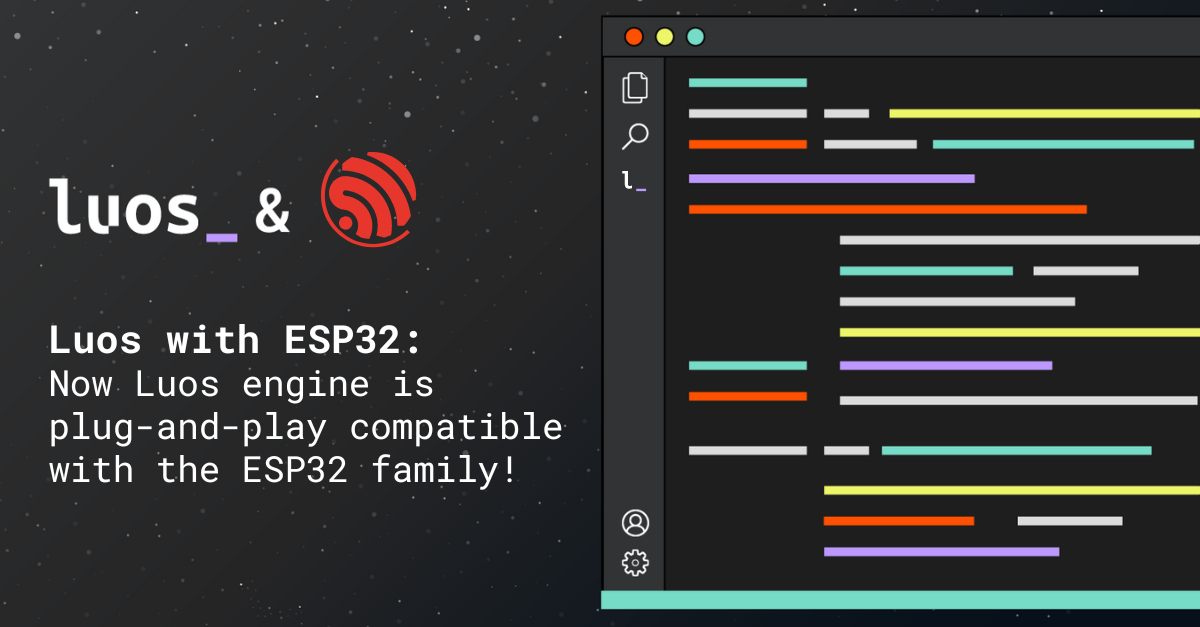Luos 'plugs' microservices into IoT
Open source software for edge and embedded distributed systems Luos has added support for the popular ESP32 multipoint control unit (MCU) to its technology cadre.
In working motion, ESP32 is said to make networking as simple as plug-and-play – it opens the door to bringing microservices to the Internet of Things (IoT).
A Luos’ topology detection feature means that developers can now hot plug boards and add features to an existing system.
Messages and information are exchanged via Luos communications protocol through the Robus Network (also developed by Luos), making it easier to connect MCUs from different brands.
The Luos microservices architecture provides flexibility for unlimited project possibilities – running as a single service on a single node (physical component ‘hardware’ running Luos) or several services on several nodes.
For example, an intelligent agriculture system that can automatically irrigate a plot of land; a facial recognition robot that can identify the emotions in a face; or a smart parking system that can identify and monitor available spaces.
“Adding support for the ESP32 makes Luos compatible with IoT product development happening around the world,” said Nicolas Rabault, co-founder and CEO, Luos. “A broad community of developers can benefit from the plug-and-play and our microservices approach makes it easy to share and reuse functionality in many innovative projects that are in prototyping or production phases.”
The ESP32 low-cost, low-power microcontroller with built-in Wi-Fi and Bluetooth support is used for a wide-range of applications and especially well-suited for IoT and embedded applications, as well as those on wearable electronics and mobile devices.
In many cases, ESPs are used in proof-of-concept rather than in production.
Luos makes it possible to more quickly have a testable product developed at a lower cost.
ESP32 is popular for creating wireless-connected projects easily through the Arduino software development kit (SDK).
The Luos software is also compatible with the Arduino SDK.




